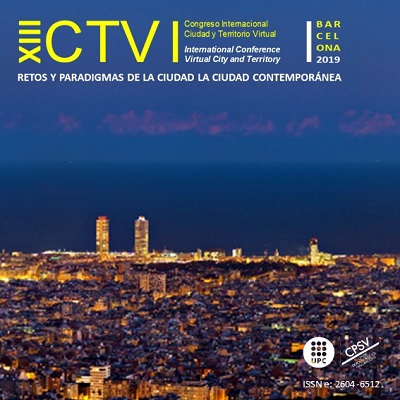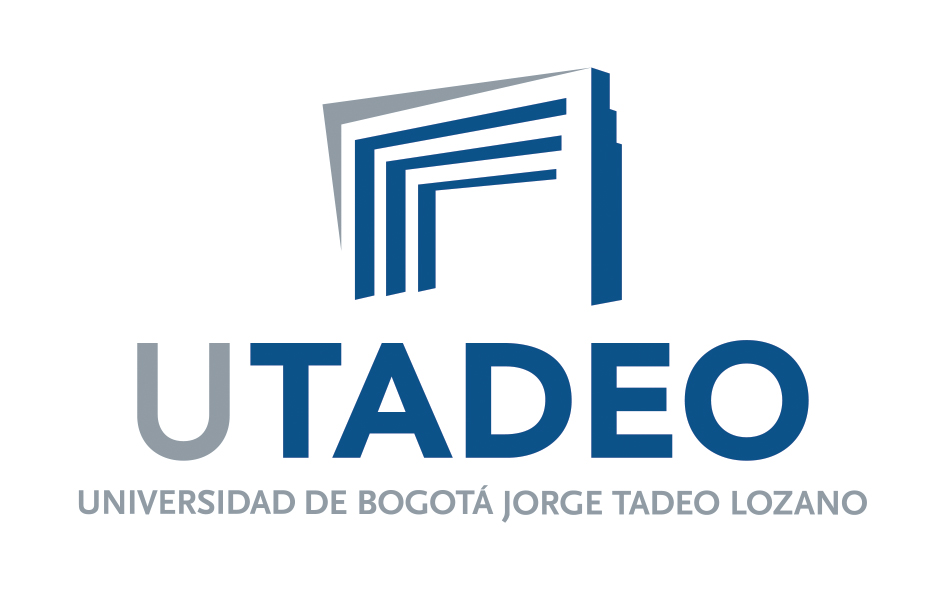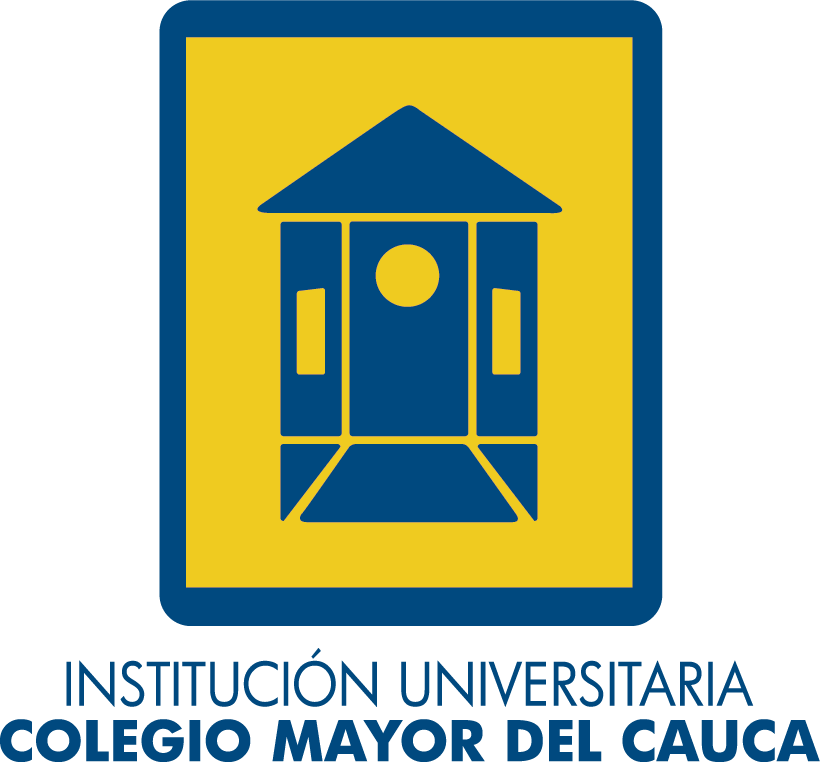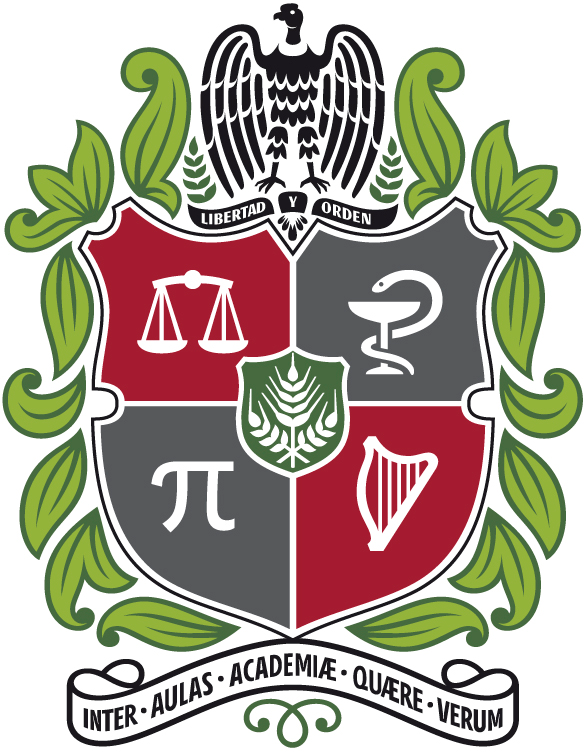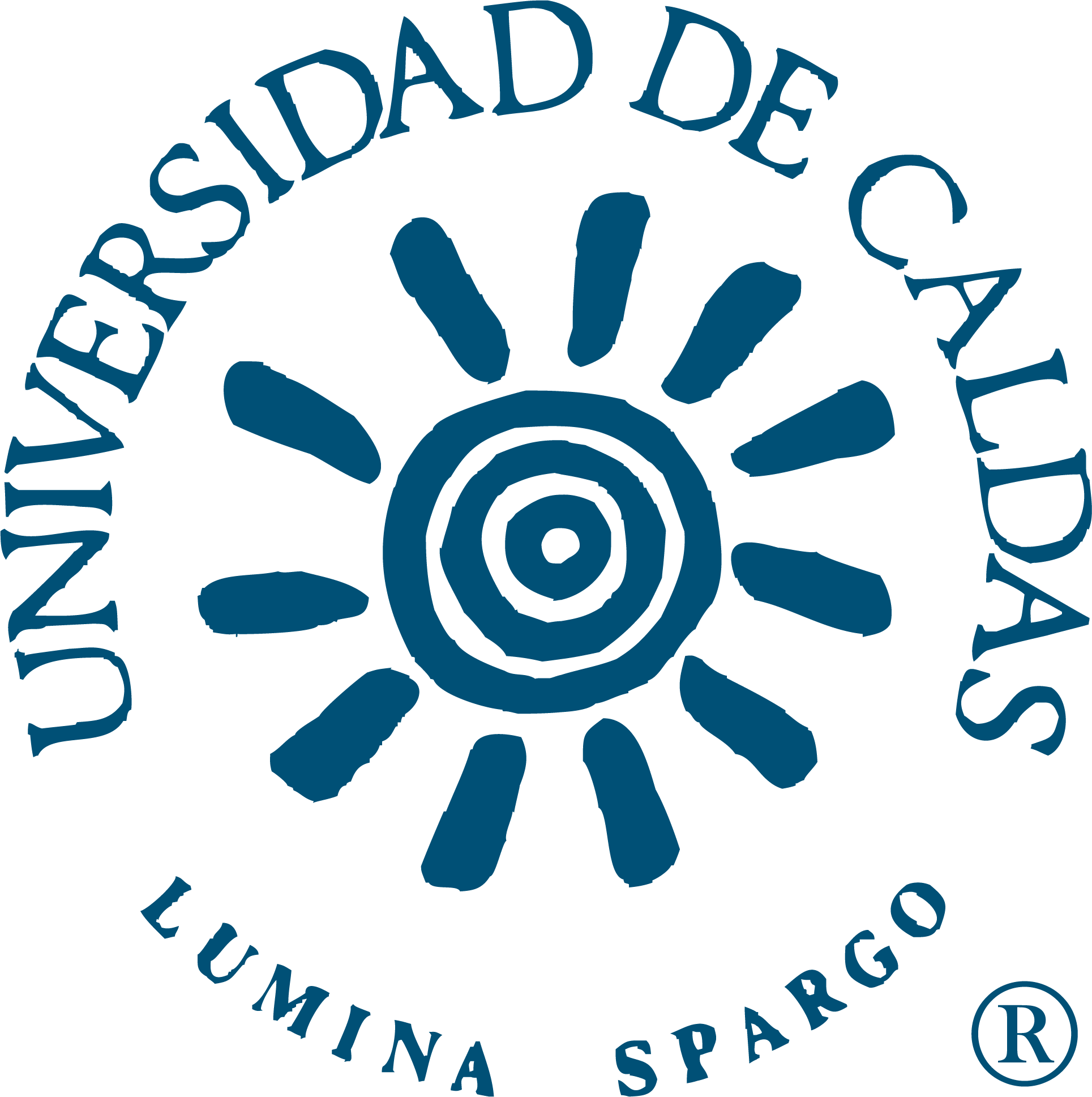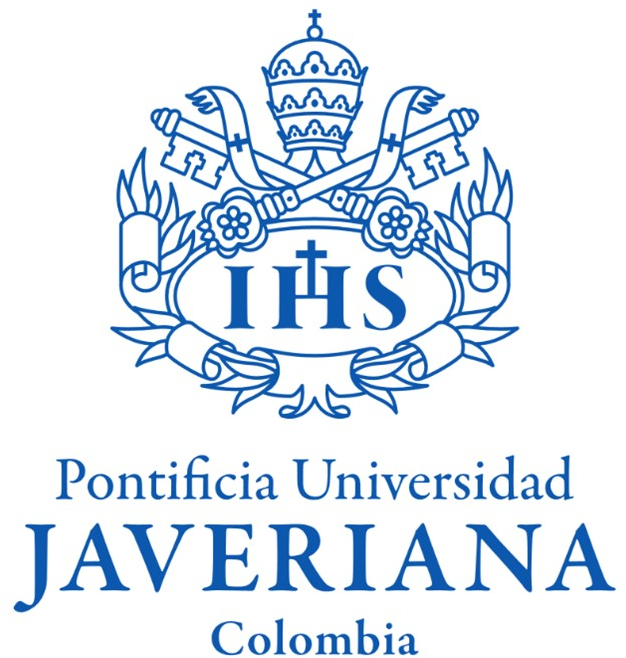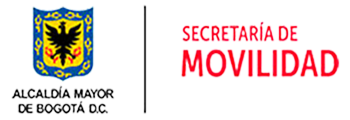Intervencions urbanes amb enfocament de sostenibilitat: estratègia contra la informalitat Montería, Colòmbia
DOI:
https://doi.org/10.5821/ctv.8702Paraules clau:
Projectes urbans, informalitat urbana, sistema estratègic de transport públicResum
L'objectiu central d'aquesta investigació és analitzar les intervencions urbanes realitzades a partir de l'aprovació del primer Pla d'Ordenament Territorial de Montería (POT) l'any 2002 i els seus efectes urbans, principalment les intervencions dissenyades per corregir els desequilibris urbans associats a la informalitat en el transport (mototaxismo), comerç informal i ús inadequat de l'espai públic. L'enfocament de la feina és quantitatiu i qualitatiu; d'una banda, es presenten dades d'informalitat i de projectes urbans, i per l'altre, s'analitzen els seus efectes a nivell urbà i social. La metodologia inclou tècnica documental i tècnica de camp. La primera correspon a revisió de el pla d'ordenament territorial, plans de desenvolupament municipal, informes institucionals i publicacions. La segona correspon a l'observació participant i als registres fotogràfics que permeten verificar l'efectivitat o la ineficàcia d'aquestes intervencions. Les fonts d'informació a les que es recorre són, entre altres: POT de Montería 2002-2015 i els plans de desenvolupament 2001-2003; 2004-2007; 2008-2011; 2012-2015 i 2016-2019.
Entre els resultats es troben: I) Indicadors socials, urbans i econòmics de la ciutat de Montería abans de l'any 2002, presentats en el diagnòstic de l'POT i descripció de les cinc principals estratègies de llarg termini d'aquest pla, que van permetre establir el full de ruta per a la formulació dels futurs plans de desenvolupament; II) La descripció dels principals projectes i intervencions urbanes programades en els plans de desenvolupament dels alcaldes Luis Jiménez Espitia, Lleó Fidel Ojeda, Marcos Daniel Pineda García, en dues oportunitats, i Carlos Eduardo Correa. II) Programa "Ciutats Amables" com a estratègia de mobilitat eficient i transport públic de passatgers de el Pla Nacional de Desenvolupament 2006-2010 "Estat Comunitari: desenvolupament per a tots" aprovat mitjançant Llei 1151 de 2007 i la incorporació de Montería a aquest programa mitjançant document CONPES No. 3638 de l'1 de febrer de 2010. IV) Pla Mestre de Canvi Climàtic PMCC i Pla d'Acció 2032, Montería Sostenible, com a suports per aconseguir la inclusió d'aquesta ciutat al programa "Ciutats Sostenibles i Competitives", que promou la mobilitat urbana sostenible; V) Projectes "Sistema Estratègic de Transport Públic" (SETP), "Ronda de l'Sinú" i "Línia Blava", i els seus efectes sobre l'oferta d'espai públic i la mobilitat urbana.
Els projectes programats en els plans de desenvolupament posteriors a l'POT han contribuït a reduir parcialment les activitats informals de comerç en andanes de centre, evidenciant un significatiu avanç en matèria d'indicadors urbans. L'execució d'aquests va aconseguir augmentar l'oferta d'espai públic de 1.66 metres quadrats per habitant a 3.46, construir i reconstruir 133 parcs, recuperar 144.604 metres quadrats d'andanes, construcció de 30 quilòmetres de ciclovía i peatonalització de dos carrers al centre i nord d' la ciutat. La mobilitat per al vianant va millorar completament a l'avinguda primera i de manera parcial en les avingudes segona, tercera, quarta i cinquena, on encara es mantenen alguns comerciants antics i van arribar nous venedors i mototaxistas.
Una de les conclusions d'aquest treball expressa que, els projectes i intervencions dissenyades amb enfocament de sostenibilitat van contribuir a millorar la qualitat ambiental i urbana de la ciutat i la qualitat de vida dels seus habitants, però no van aconseguir canviar els hàbits dels monterianos al ús de transport, principalment aquells relacionats amb l'obstinació per utilitzar el transport informal de la mototaxi, l'ús innecessari de la motocicleta i la utilització reiterada de l'automòbil en carrils destinats per a autobusos, la qual cosa evidentment augmenta emissions i no contribueix a la mobilitat sostenible que es pretén amb la visió de Ciutat Verda. Aquest article, resultat d'investigació finançada per la Universitat Cooperativa de Colòmbia, aconsegueix no només descriure els projectes urbans de cinc períodes de l'administració municipal, sinó analitzar la seva pertinència, continuïtat i efectivitat a nivell urbà, social i de la mobilitat. No hi ha evidència en l'actualitat d'un treball similar en aquesta ciutat, encara que es troben informes, notes de premsa i treballs científics amb aproximacions parcials. Està dirigit a la comunitat acadèmica i científica interessades en aquest tipus d'estudis.


